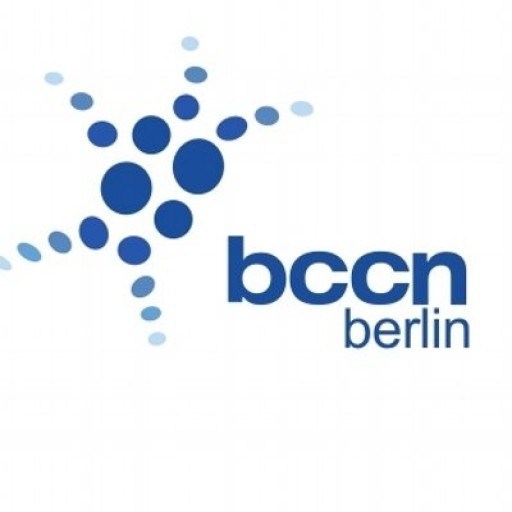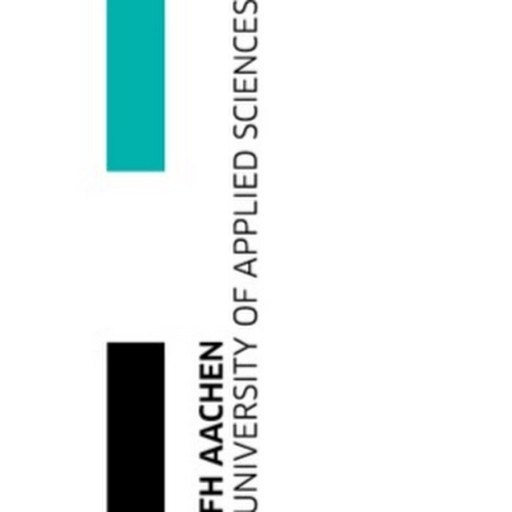Photos of university / #unikassel
A sustainable future depends on responsible management and innovative solutions in agriculture that respect environmental, social, and economic principles. The Master's degree in Sustainable International Agriculture at the University of Kassel offers students a comprehensive education designed to equip them with the knowledge and skills necessary to address global challenges related to food security, resource management, and ecological sustainability. This program emphasizes an interdisciplinary approach, combining aspects of agriculture, ecology, economics, and social sciences to prepare graduates for leadership roles in the agricultural sector worldwide.
Students will explore topics such as sustainable farming techniques, agroecology, climate change adaptation, rural development, and sustainable supply chain management. The curriculum includes both theoretical coursework and practical fieldwork, encouraging students to develop innovative solutions tailored to diverse environments and communities. The program promotes a deep understanding of international agricultural systems, enabling students to work effectively in multicultural and multidisciplinary teams.
Throughout their studies, students will have access to modern research facilities and establish networks with international organizations, NGOs, and private sector stakeholders involved in sustainable agriculture initiatives. The international focus of the program provides students with a global perspective, fostering cultural competence and adaptability essential for working in different countries and contexts.
Graduates of this program will be well-prepared for careers in agricultural development, environmental consulting, policy making, research, and project management. They will possess the skills to design, implement, and evaluate sustainable agricultural projects that contribute positively to local communities and the planet. By choosing this program, students commit to advancing sustainable practices in agriculture and making a tangible impact on global food security and environmental resilience.
Educational organisation
The two-year MSc programme Sustainable International Agriculture (SIA) is a joint study programme of the agricultural faculties of Georg August University Göttingen and the University of Kassel-Witzenhausen. The programme is aimed at German and international students of agriculture and related disciplines. The programme leads to a Master of Science in Sustainable International Agriculture. The degree is accepted internationally and qualifies students to progress to a PhD.The study programme is internationally-oriented and offers three possibilities for specialisation (profiles): International Agribusiness and Rural Development Economics, International Organic Agriculture, and Tropical Agricultural and Agroecosystems Sciences. After individual counselling with an academic adviser, students select one field of specialisation and develop their study plan for the first eighteen months of studies.
Teaching focuses on basic methodology, specialised knowledge in the major subjects, capability for interdisciplinary research, and improvement of oral and written communication and presentation skills. Each student will be supported by two members of the teaching staff in the design, implementation, analysis and writing up of the research project. The MSc programme targets highly-qualified, internationally-oriented students of all nationalities who wish to pursue a career in the field of international agricultural and rural development in state, research and non-governmental institutions, agribusiness firms and other private sector institutions.
Specialisation in "International Agribusiness and Rural Development Economics"
Four compulsory modules must be taken (24 ECTS): Sustainable International Agriculture, World Agricultural Markets and Trade, Econometrics I, Socioeconomics of Rural Development and Food Security. Five mandatory modules (30 ECTS) must be chosen (among these, at least one methodological module). Six elective modules (36 ECTS) are to be chosen (elective modules can also be chosen from the list of mandatory modules not attended so far).
Specialisation in "International Organic Agriculture"
One bridging module and four compulsory modules must be taken (upon application, the bridging module can be skipped if past academic achievements testify to respective knowledge): Soil and Plant Science (bridging module), Sustainable International Agriculture, Organic Livestock Farming under Temperate and Tropical Conditions, Organic Cropping Systems under Temperate and (Sub)Tropical Conditions, Applied Statistical Modelling (30 ECTS). Four mandatory modules (24 ECTS) must be chosen (among these, at least one methodological module). Six elective modules (36 ECTS) are to be chosen (elective modules can also be chosen from the list of mandatory modules not attended so far).
Specialisation in "Tropical Agricultural and Agroecosystems Sciences"
One bridging module and four compulsory modules must be taken (upon application, the bridging module can be skipped if past academic achievements testify to respective knowledge): Soil and Plant Science (bridging module), Sustainable International Agriculture, Tropical Animal Husbandry Systems, Crops and Production Systems in the Tropics, Applied Statistical Modelling (30 ECTS). Four mandatory modules (24 ECTS) must be chosen (among these, at least one methodological module). Six elective modules (36 ECTS) are to be chosen (elective modules can also be chosen from the list of mandatory modules not attended so far).
The last six months consist of field research and data acquisition in Germany or abroad followed by data analysis and evaluation and the completion of a Master's thesis (in English, by arrangement in other official languages of the EU). Once the thesis has been completed, it must be defended in a colloquium.
Study abroad unit(s)
There is no compulsory study abroad period, but students can arrange a semester abroad.Students of the profile "International Agribusiness and Rural Development Economics" may choose to take part in an exchange programme with our partner university in Chile.
Most students choose to do the research for their Master's thesis abroad in one of several research projects members of both faculties worldwide.
Forms of assessment
The Master's programme consists of 15 modules with six ECTS each; a Master's thesis in the sixth semester with 24 ECTS; a colloquium with six ECTS. There are exams (oral, written or seminar presentation with submission of a report) at the end of each module. One module lasts one semester.Course objectives
The SIA study programme will contribute to the sustainable production of agricultural commodities and food security at specific locations and in an international context. SIA students will be enabled to:- understand the ecological interactions of natural and agrarian systems in a global context
- acquire up-to-date knowledge in natural and socioeconomic sciences
- obtain social and methodical skills
- apply the acquired knowledge and skills in an international context concerning (organic) agriculture
- participate in the worldwide development of resource-efficient agricultural production
Language requirements
Applicants are obliged to prove their command of English skills on level B2 (internet-based TOEFL of at least 80 points or equivalent language certificate).Academic requirements
Successful applicants must have received an above-average (minimum is second-class upper division) or, preferably, a good grade in their undergraduate degree (BSc) of at least six semesters in agricultural sciences or a related study field. Alternatively, an academic profile from past study achievements, which proves equivalent knowledge and skills, can allow admission. Only APS-proven (http://www.aps.org.cn/web/studium-in-deutschland) Chinese academic transcript and degree certificates are accepted for application.Please see admission regulations at http://www.uni-goettingen.de/en/100810.html.
Prior to filling in the application form, each applicant must register online at http://www.uni-goettingen.de/en/122864.html.
Enrolment fees
Mandatory registration fees allow students to use public transport free of charge and the university's refectories and cafeterias at reduced prices. For example, the registration fee for the summer semester of 2016 amounted to approx. 275 EUR.Costs of living
In order to cover personal expenses while studying in Kassel, it is recommended that students budget around 750-900 EUR per month for accommodation, food, health insurance, books, and miscellaneous expenses.Job opportunities
Students can apply for various part-time jobs or work as student assistants on campus. Please have a look at http://www.uni-kassel.de. Some departments also provide positions as tutors or student assistants. However, with only basic knowledge of German (or none), job opportunities are limited.Arrival support
An orientation week is regularly offered to international students. During information sessions, tours, excursions, events, and leisure-time activities, international students get to know their departments, courses, the campus, and life in Kassel or Witzenhausen and become acquainted with their lecturers and fellow students. Students get the chance to make new friends during the campus rally or at the get-together brunch. Senior student tutors will assist foreign students with any questions or problems they may encounter during their stay.Services and support for international students
Orientation week at the main site in Kassel: owoche@uni-kassel.deSupport service at the campus site in Witzenhausen: tutor-int@uni-kassel.de
Contact for exchange students: sabineernst@uni-kassel.de
Welcome Centre: http://www.uni-kassel.de/go/welcome-centre










